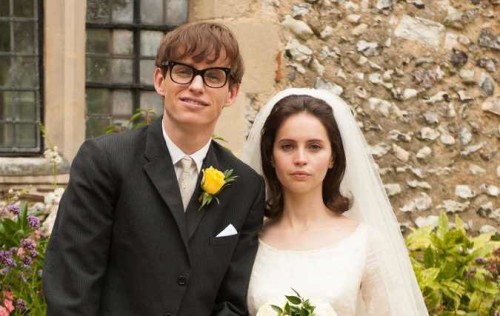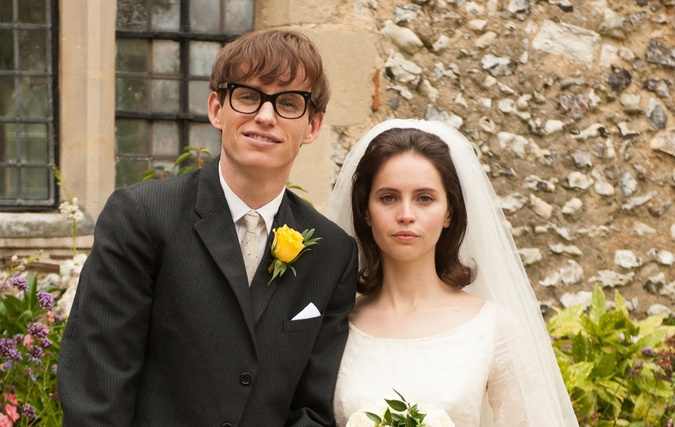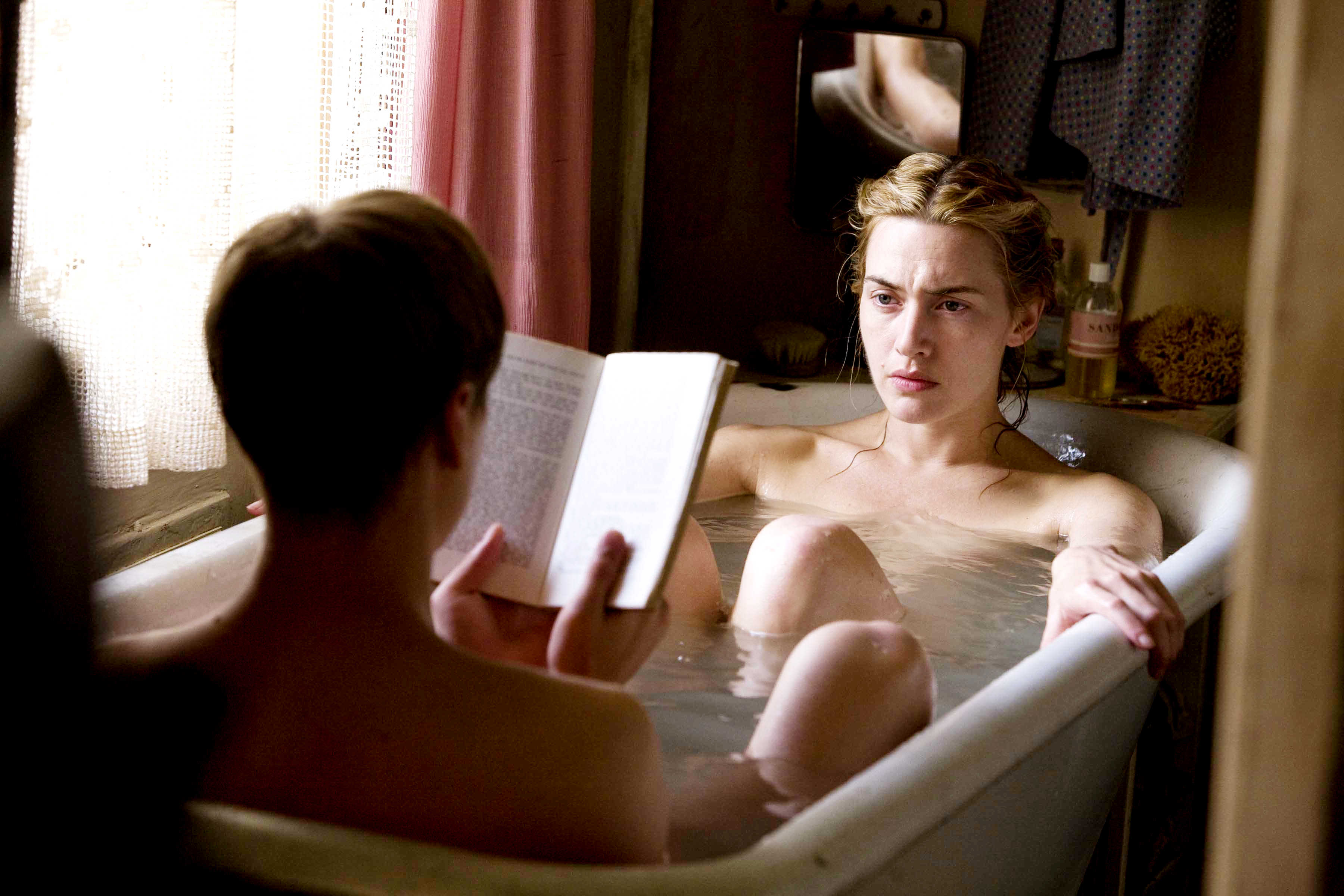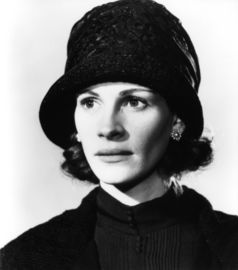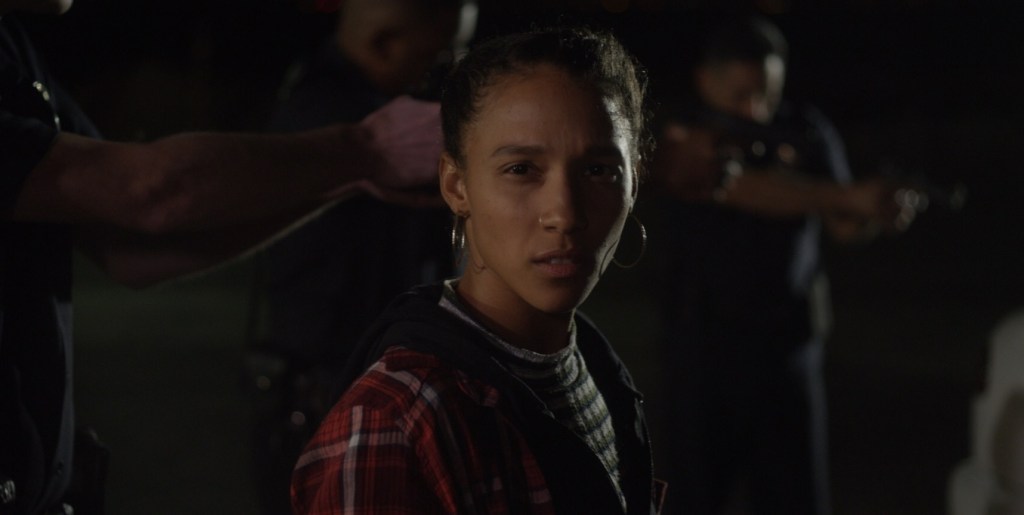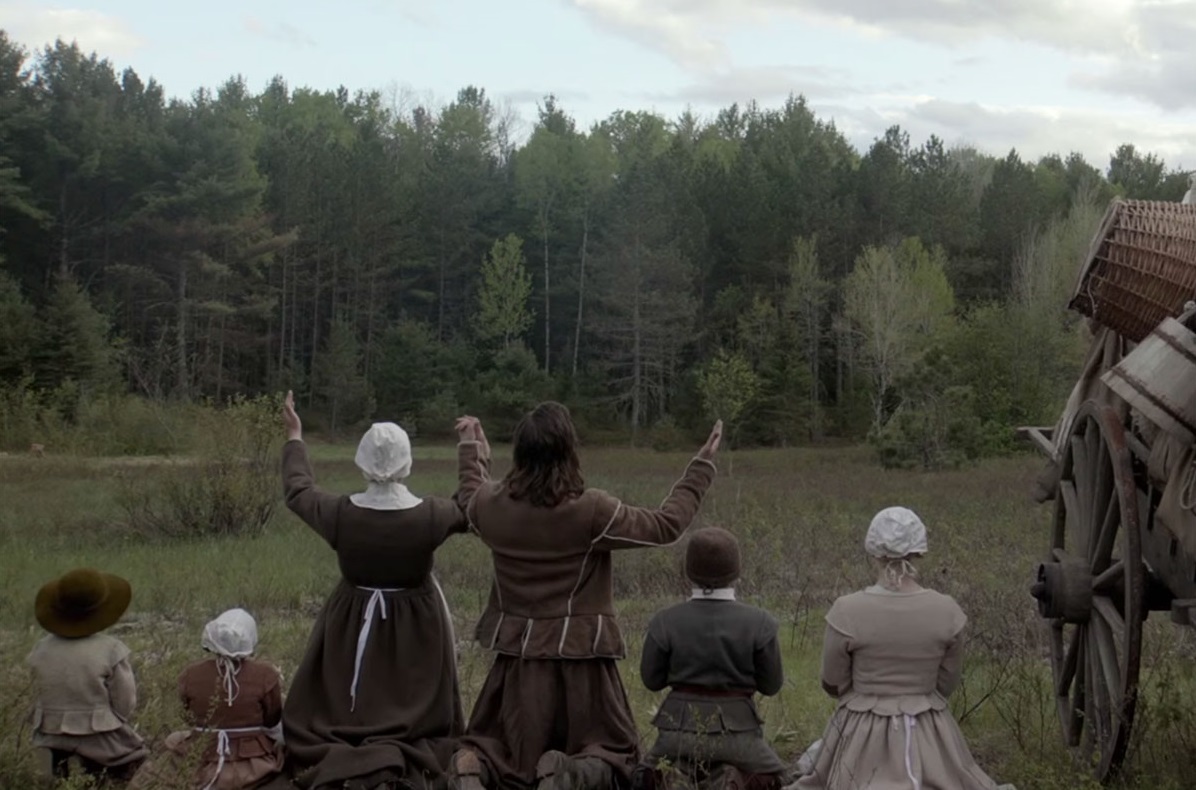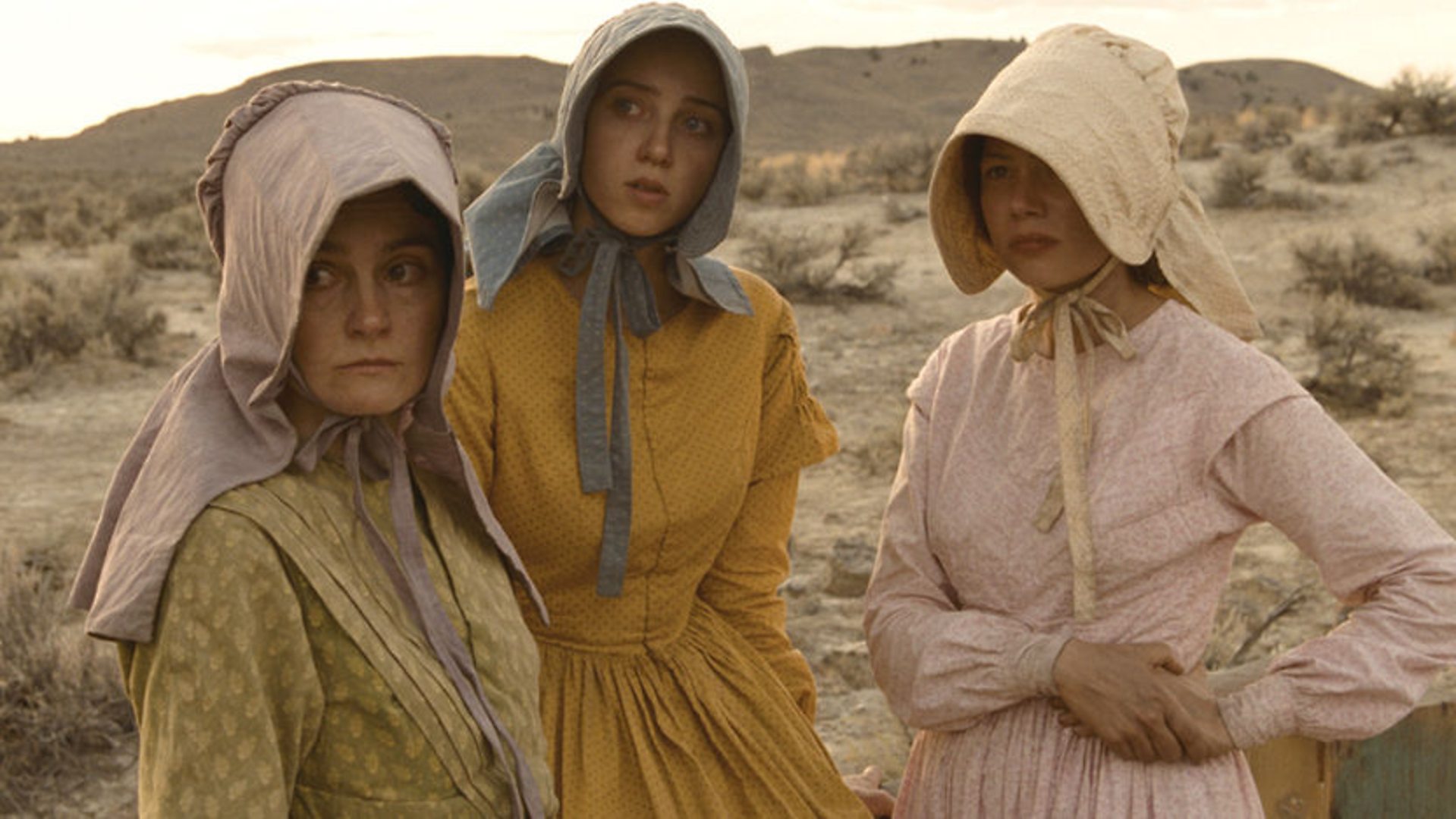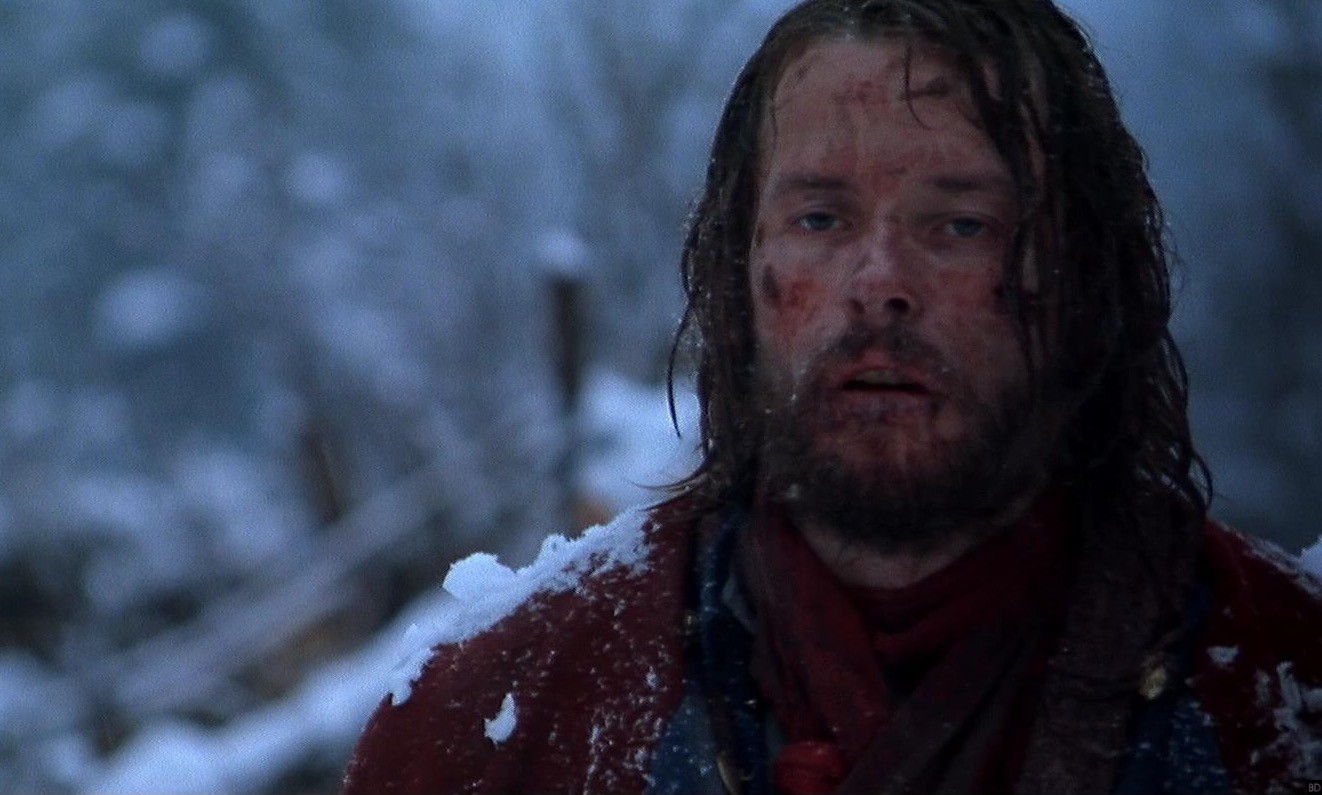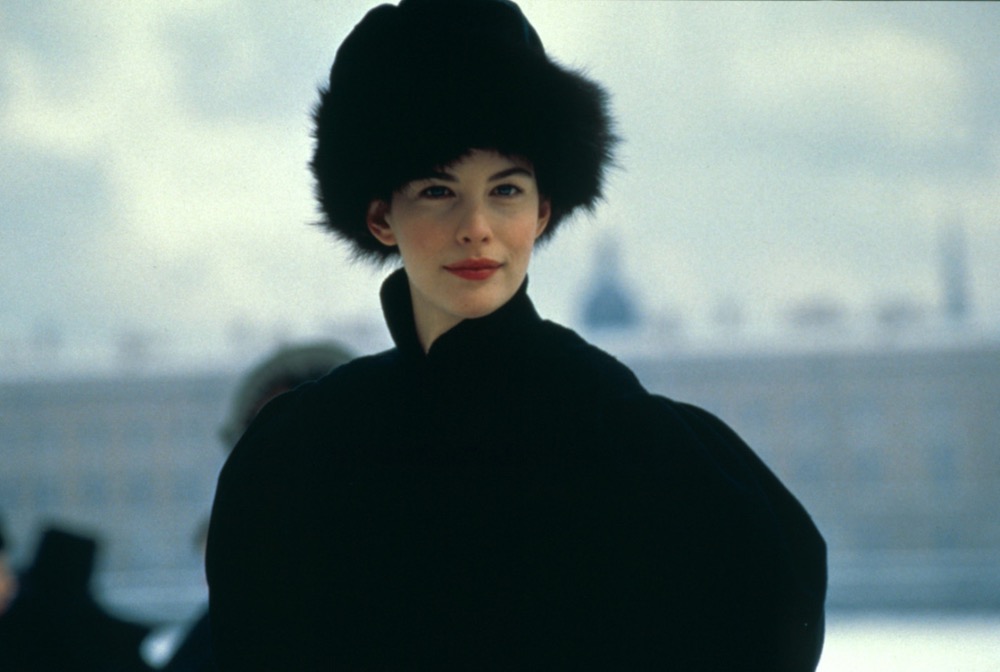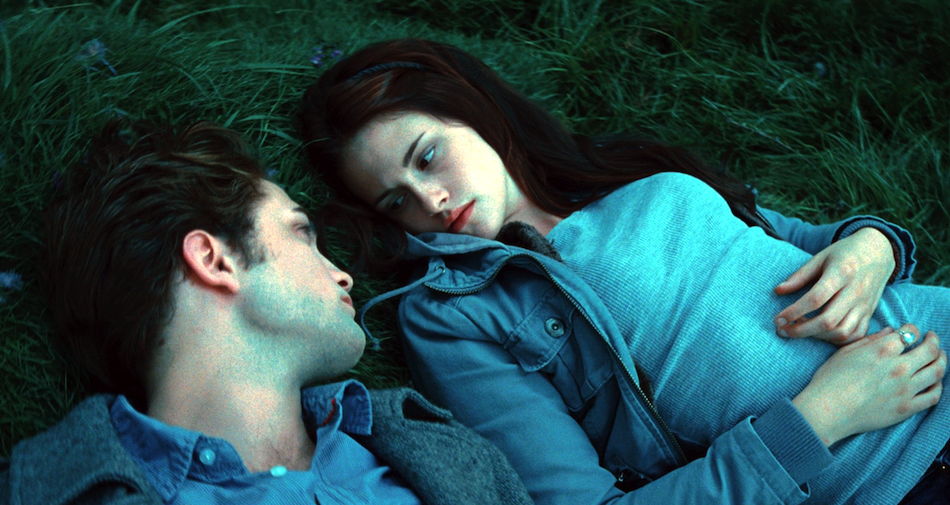‘The Theory of Everything’: A “Great Man” From The First Wife’s Point of View
Do great women exist? The film industry still hasn’t decided. We had ‘Frida’ a dozen years ago and that bio-pic about Margaret Thatcher (like ‘Frida,’ directed by a woman) from a few years back–which won Meryl Streep an Oscar, but tepid reviews along with a completely irredeemable main character kept me from seeing it. Usually the women in the “great man” films are great only by osmosis, because they married or otherwise provide emotional–and other–support to great men. The actresses who play these roles win Oscars too: they make the “supporting” category a literal one. ‘The Theory of Everything,’ the new bio-pic about astrophysicist (and best-selling author) Stephen Hawking seemed like it might be different since it’s based on the book written by the great man’s first wife, Jane.
